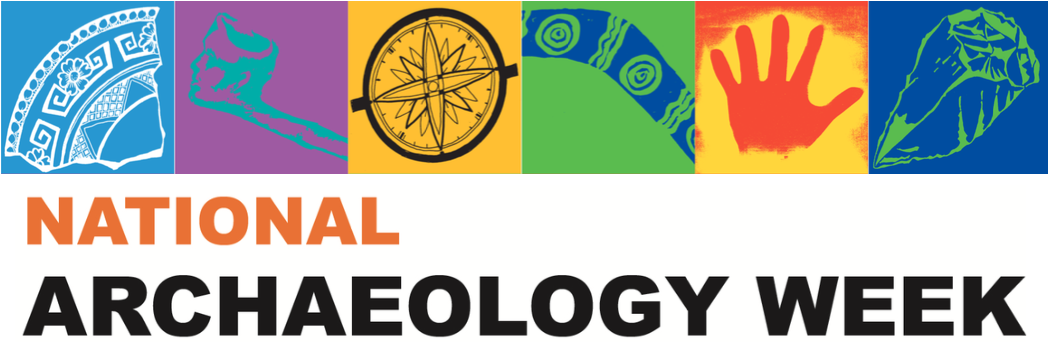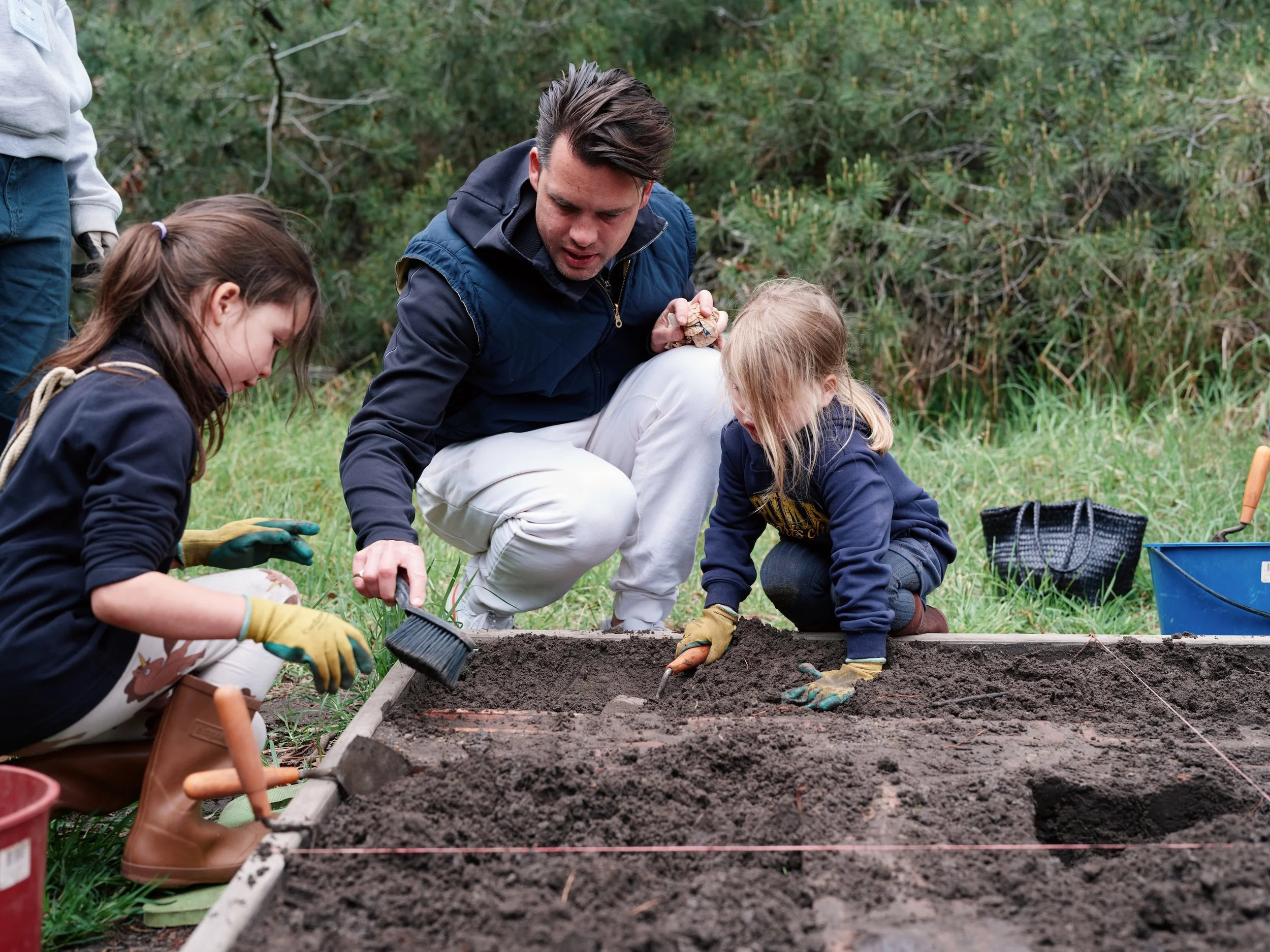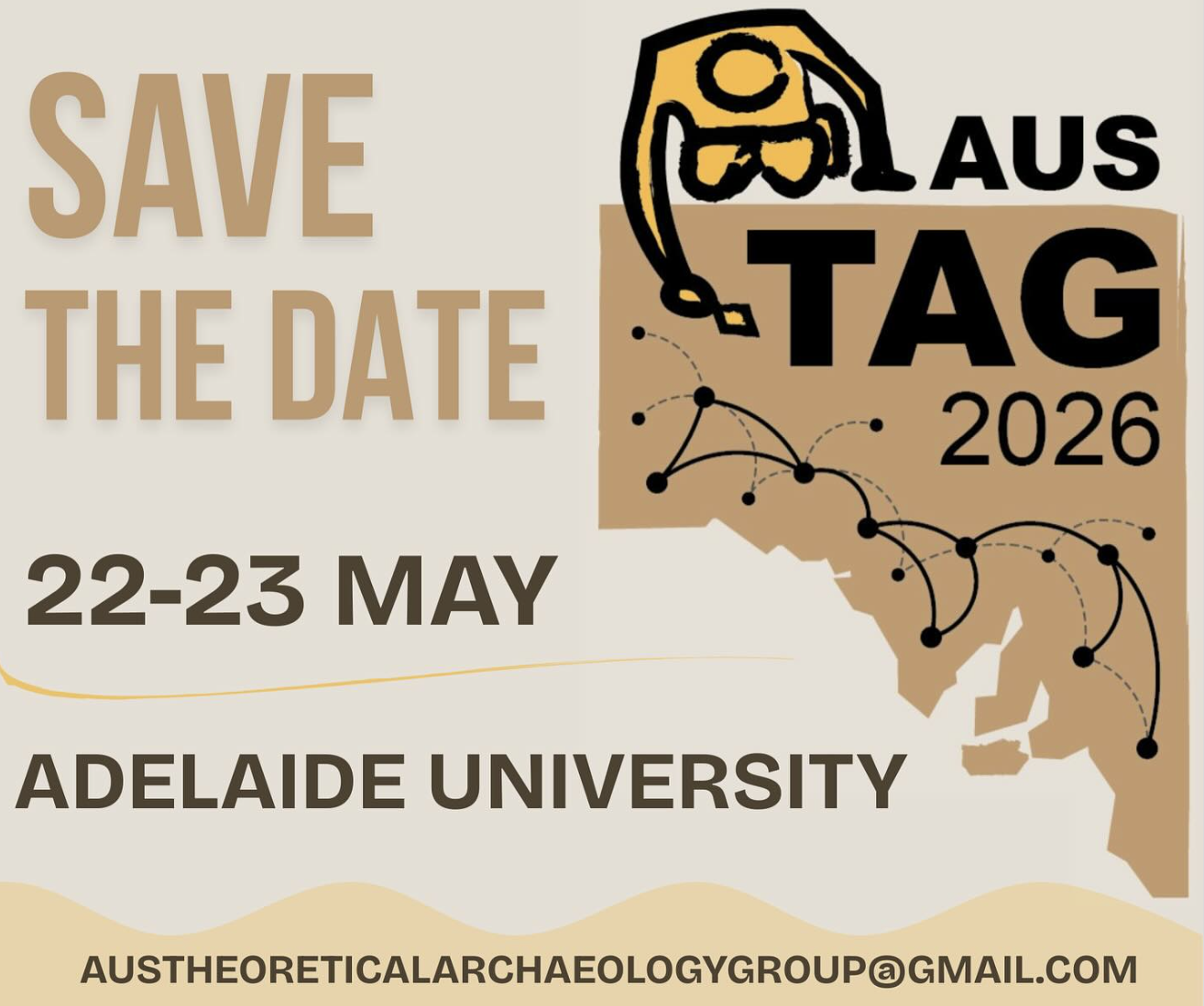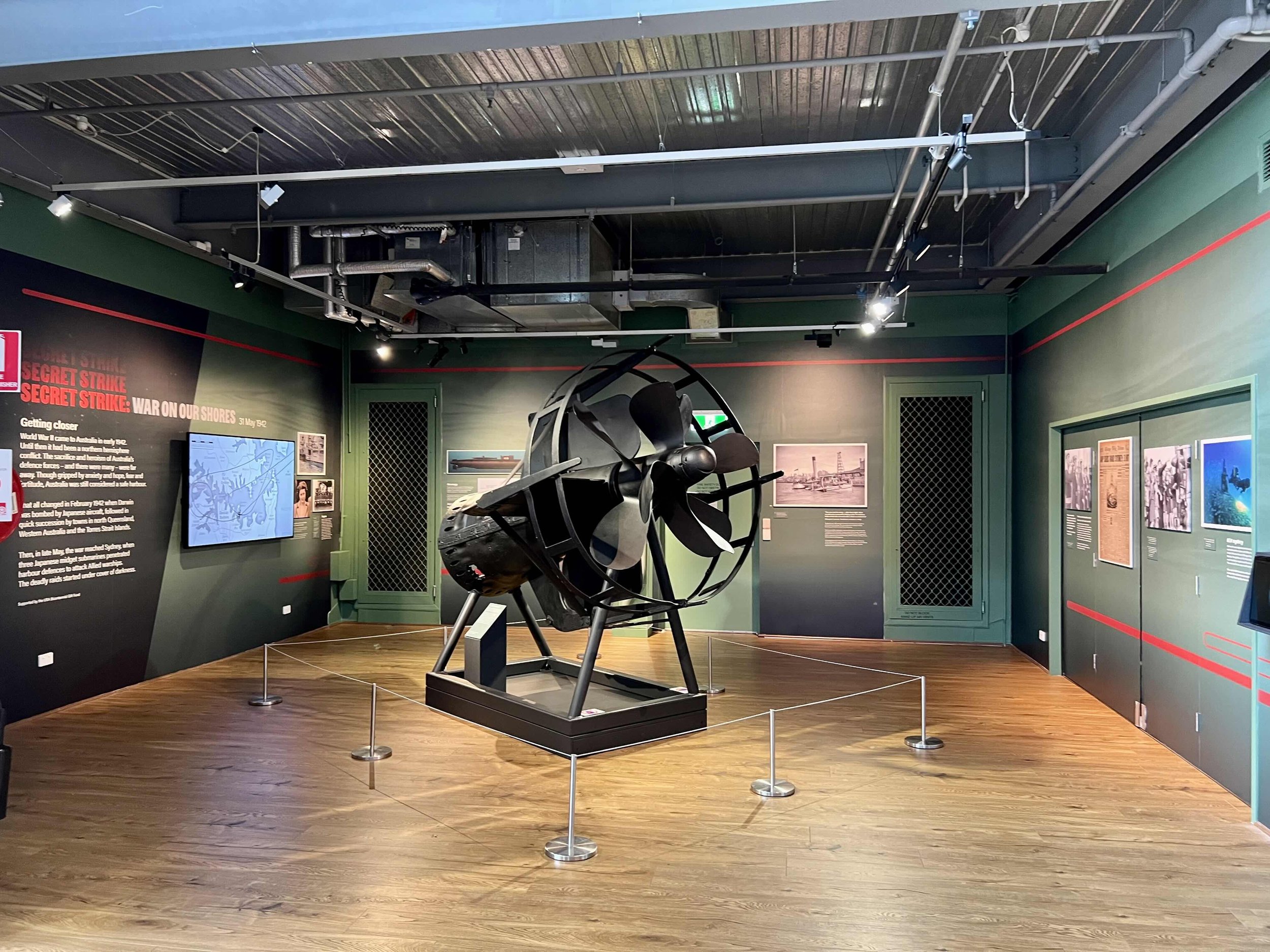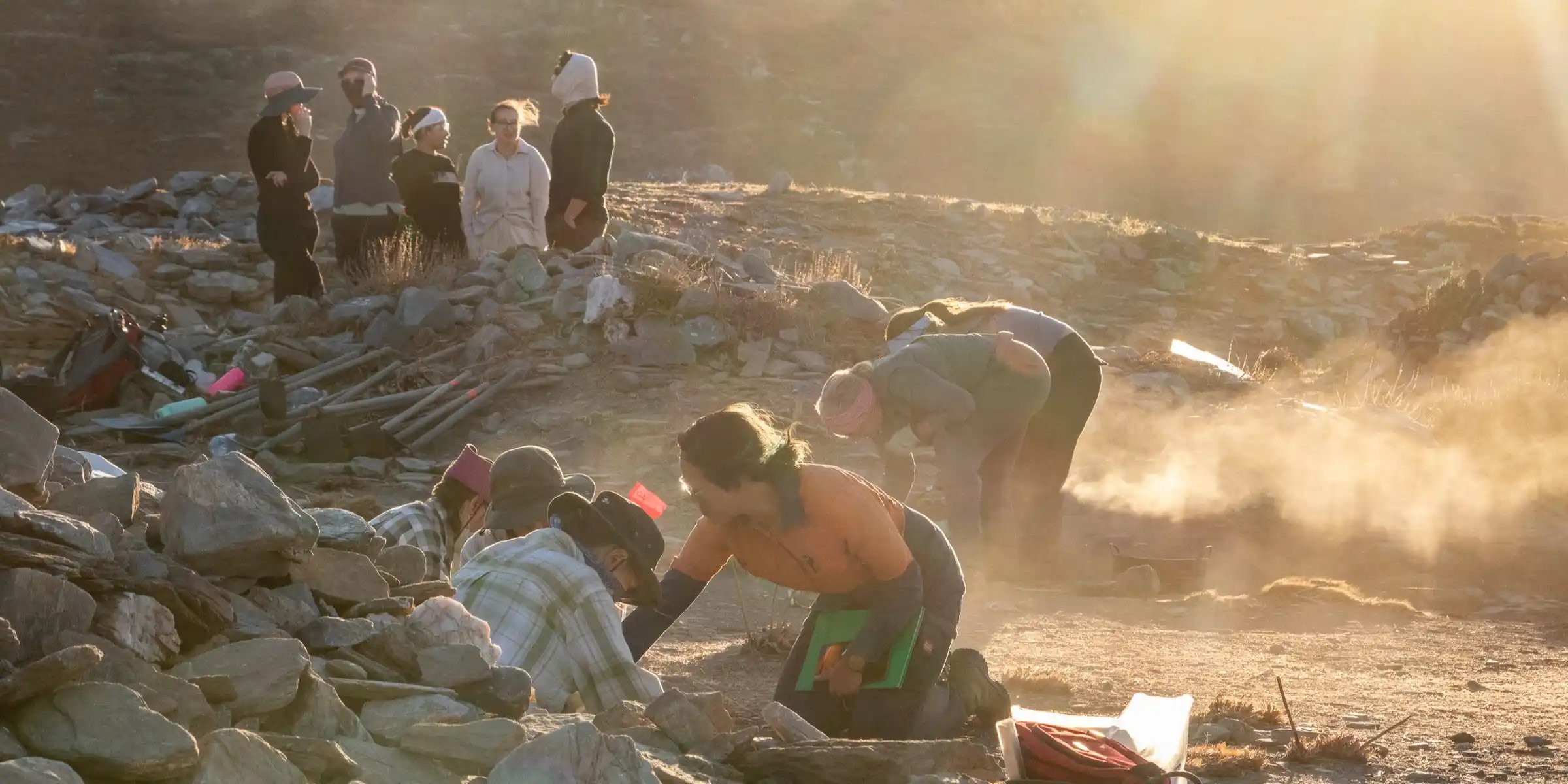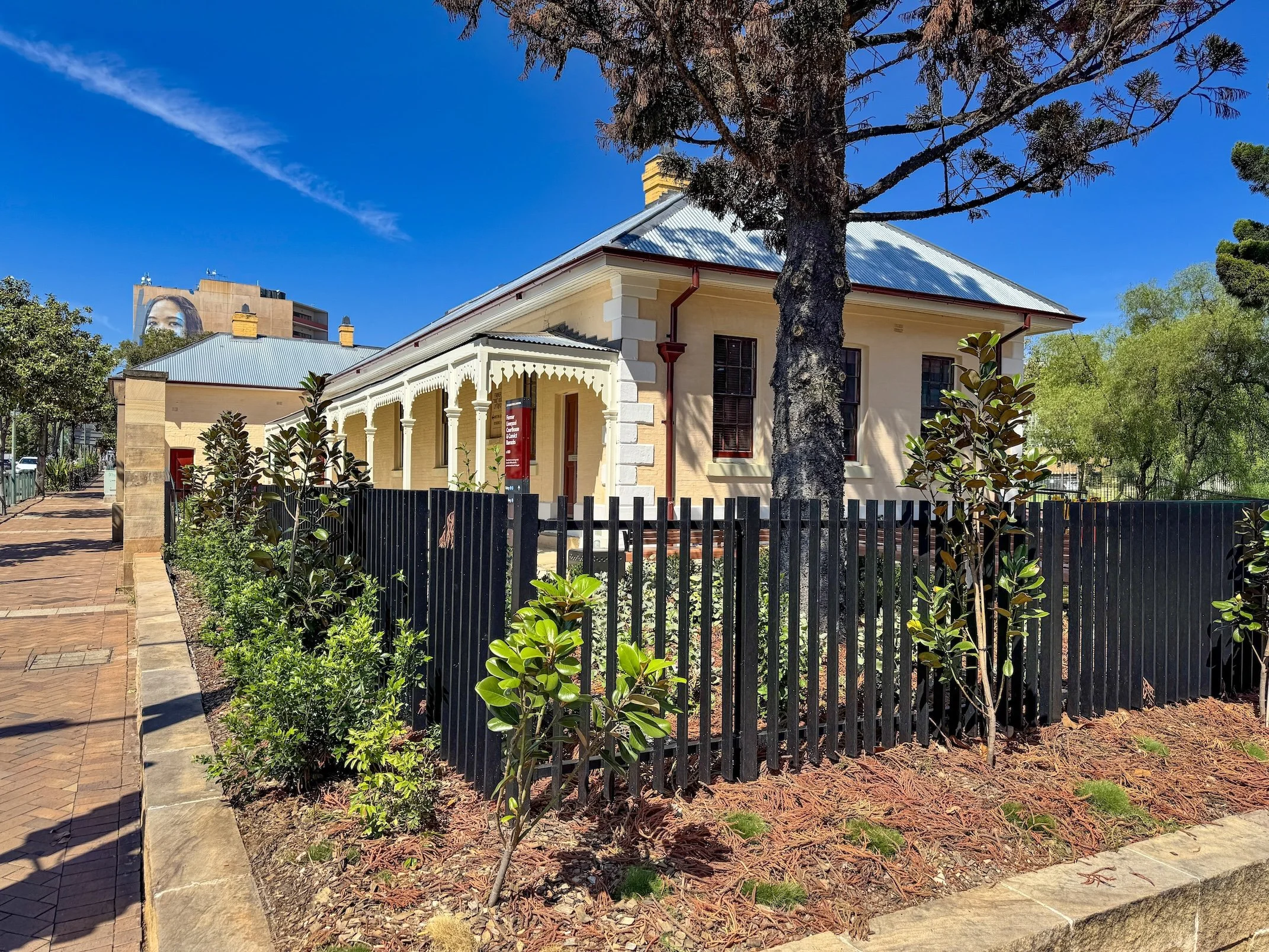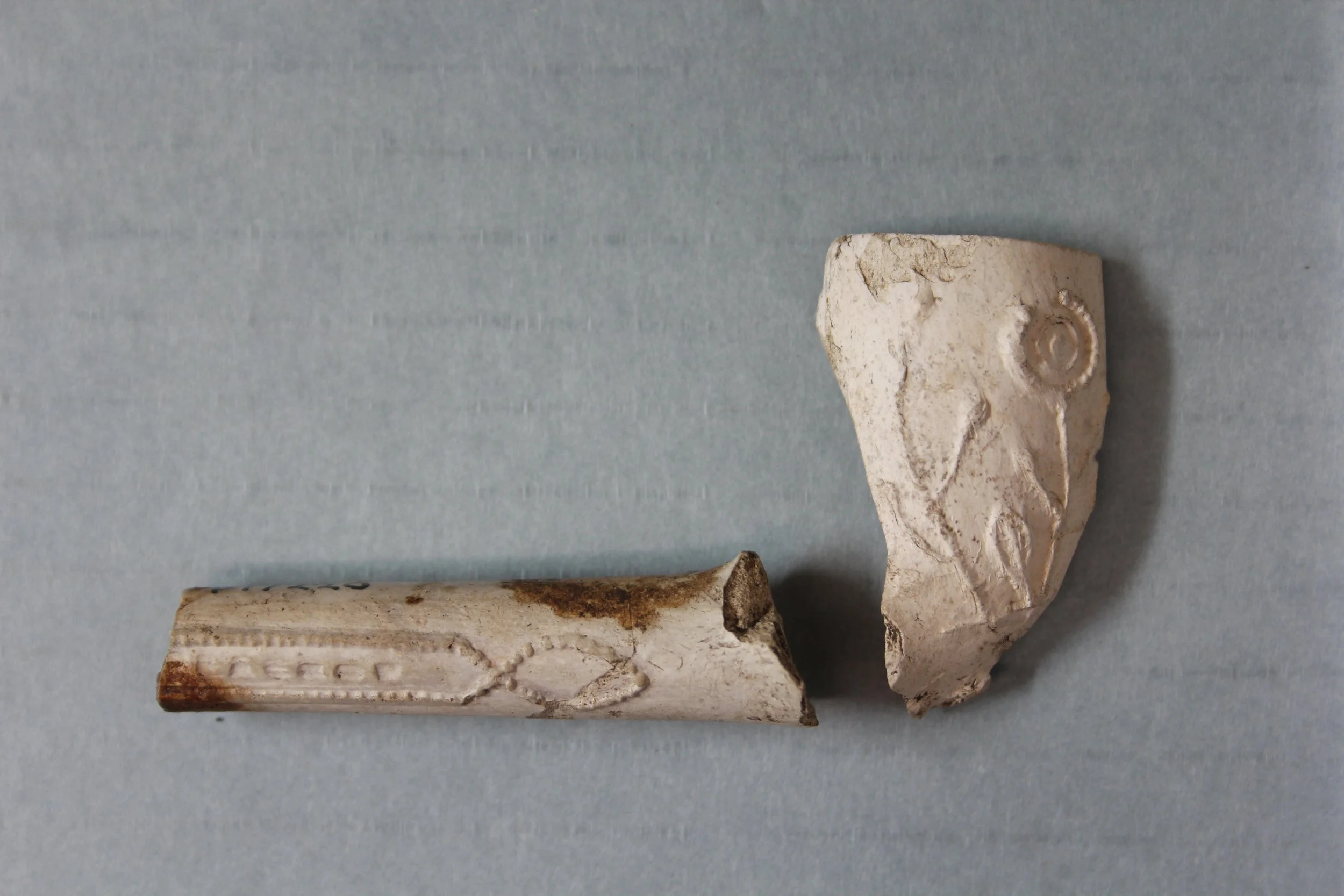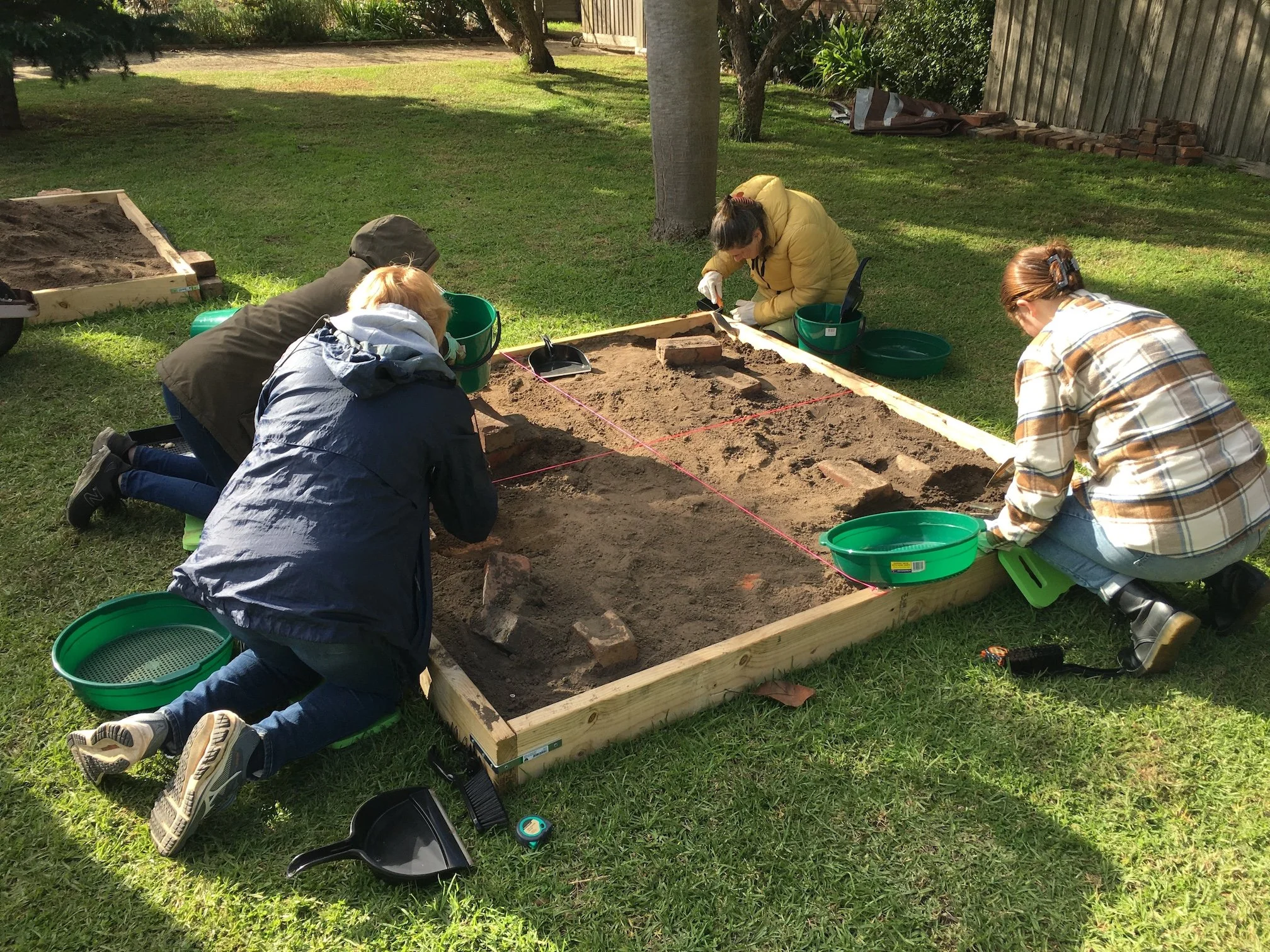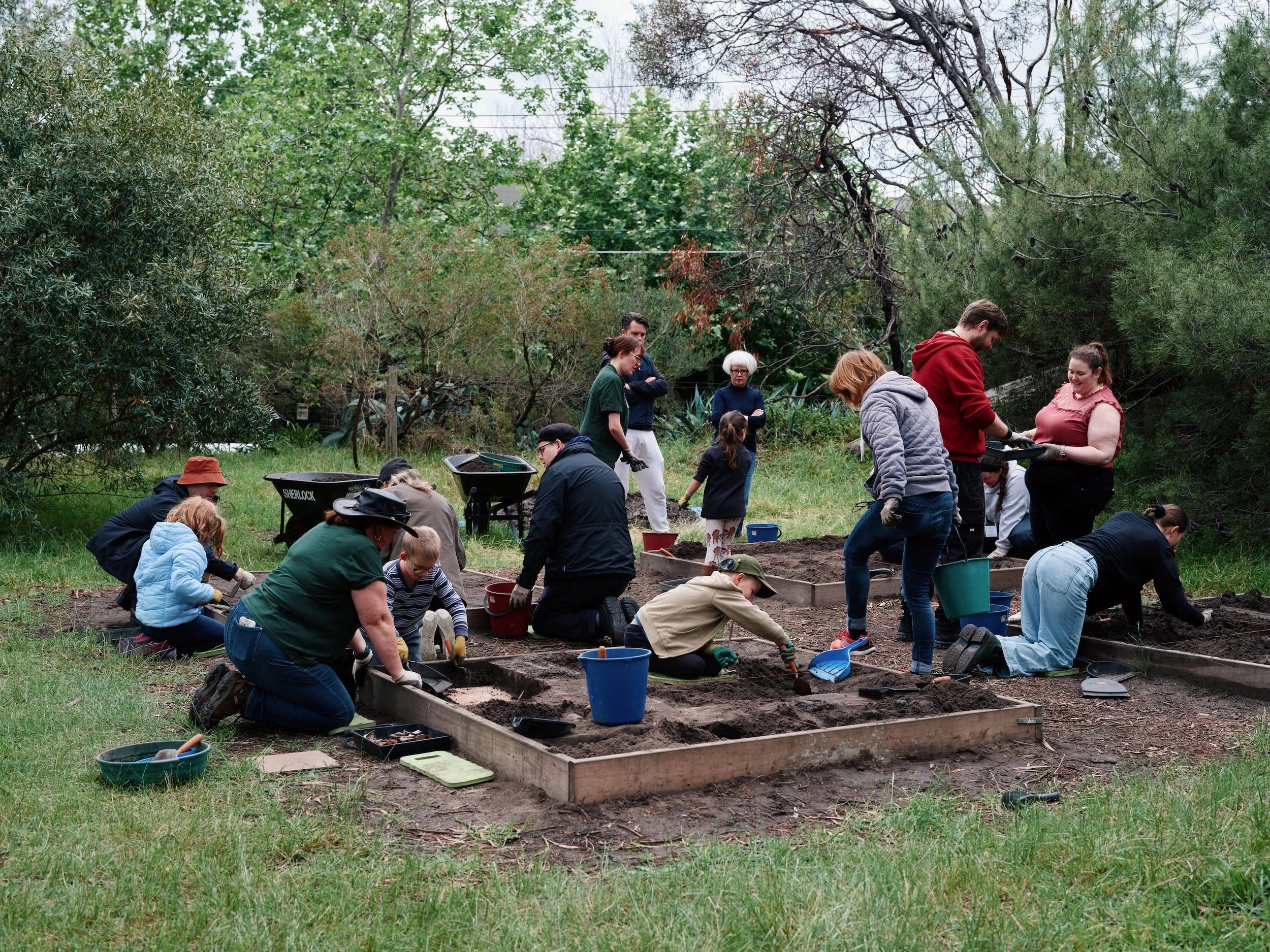
Archaeology Open Day: Come and Try
Join the National Trust and their qualified archaeologists for a hands-on introduction to archaeological practice at Barwon Grange. Working on a simulated colonial-era site, you’ll explore how archaeologists uncover and interpret evidence from the past, using tools and techniques applied in real investigations. This event is suitable for all ages.
